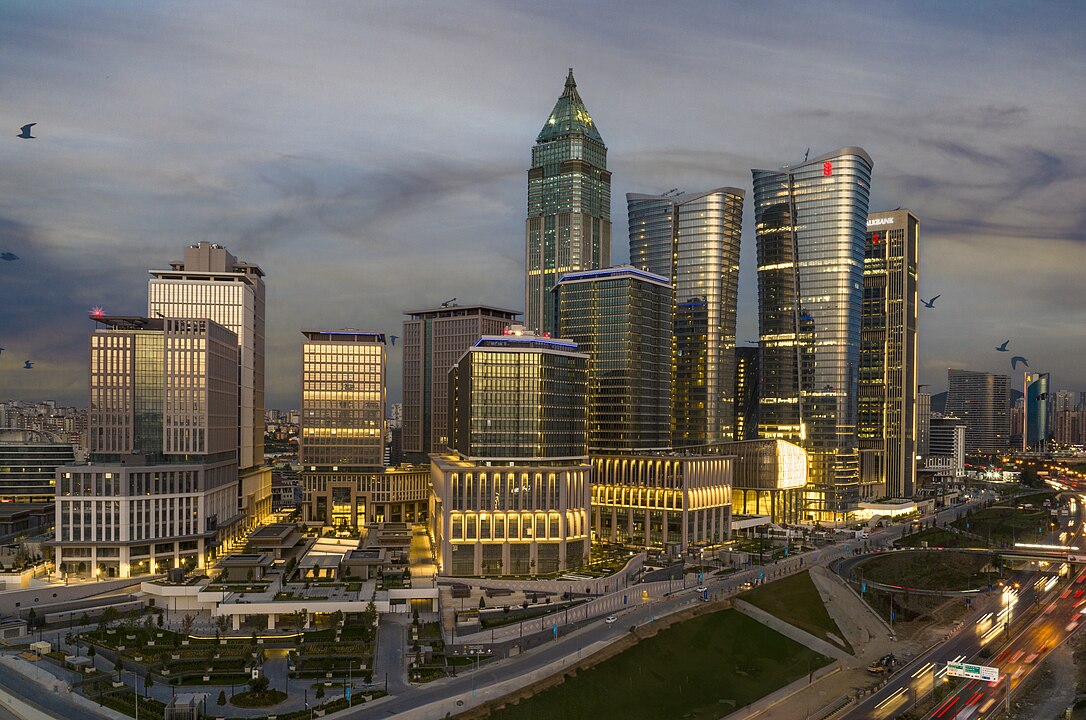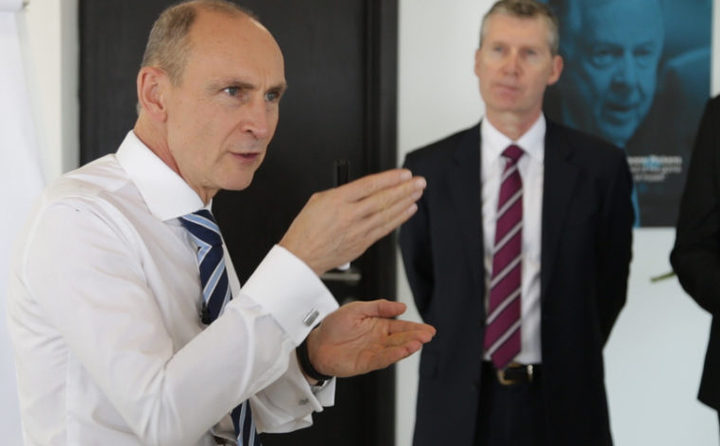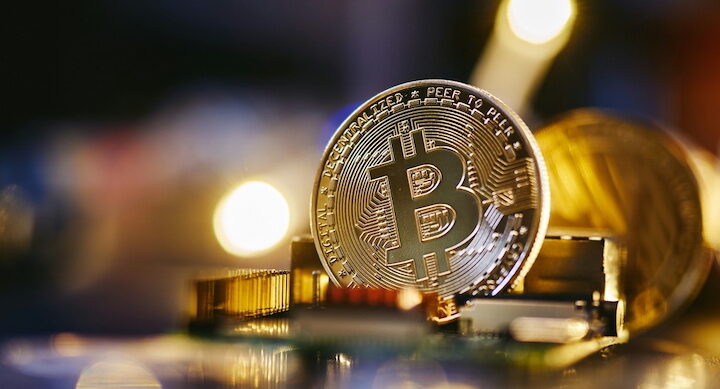With Turkish assets plunging and the lira collapsing 10% in just 30 minutes on Tuesday, investors have made one thing unmistakably clear: political drama will not be tolerated when confidence is already on a knife edge.
Turkish markets have been under pressure since last Wednesday, when Istanbul Mayor Ekrem Imamoglu – viewed as President Recep Tayyip Erdogan’s biggest rival – was arrested.
This prompted Turkey’s Finance Minister Mehmet Simsek and Central Bank Governor Fatih Karahan to hold a teleconference call with international investors.
“Simsek’s emergency call with global investors is more than a briefing—it’s a last-ditch effort to salvage credibility,” warned Nigel Green, CEO of independent financial advisory giant deVere Group.
“Authorities have scrambled to stabilise markets with an interest rate hike and a ban on short-selling, but these are reactionary moves. What investors want is long-term institutional clarity, not financial firefighting.”
Green said that global capital has options. If Turkey wants to remain investable, it must demonstrate that rule of law, monetary policy independence, and political maturity aren’t optional extras, but foundational principles.
“Arresting a major opposition figure like Imamoglu sends the opposite message. Investors know that where institutions are undermined, markets can’t thrive,” Green added.
The lira’s plunge reflects more than panic — it reflects a deep erosion of trust. Policymakers’ interventions, though swift, appeared reactive rather than strategic. That distinction matters enormously to the institutional capital that Simsek is trying to court.
What global funds want is predictability, transparency, and a clear separation between politics and markets, said the deVere founder.
“They expect independent rate decisions driven by economic fundamentals, not last-minute rescues to plug political blowback.”
Turkey’s economic potential remains significant. With its young population, manufacturing strength, and vital geographic location bridging Europe, Asia and the Middle East, “it could be a regional powerhouse,” Green noted.
But its “strategic position also comes with strategic responsibilities.” Investors see Turkey as an emerging market opportunity, but also as a key geopolitical hinge in an increasingly fragmented world.
He added that, “if Ankara wants to compete with the likes of India, Vietnam and Poland for global investment flows, it must stop sabotaging itself. This means letting institutions function freely, ensuring judicial independence, and abandoning the perception that politics can override market logic.
World is watching
“The world is watching, not just with concern, but with investment capital — ready to be deployed if the right signals are given.”
Greene said that Simsek is a respected figure internationally. His credibility is one of Turkey’s last remaining assets within the global financial community.
But that credibility has limits. It can’t be endlessly stretched to explain away volatility driven by political power plays. The message from the current chaos is unmistakable: the market won’t wait forever for Turkey to act like the serious economy it claims to be.
“The arrest of Imamoglu has become a litmus test for Turkey’s market maturity. Investors won’t buy into reform rhetoric while political institutions are visibly undermined.
“The next few days are critical. For an economy of Turkey’s size and ambition, this is the moment to prove that it can rise above the volatility and reclaim investor trust. Anything less, and the consequences could be brutal,” concluded the deVere CEO.










